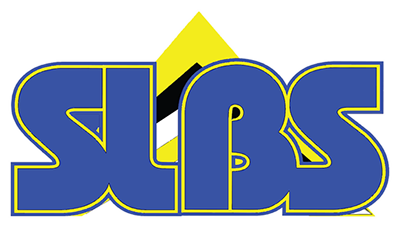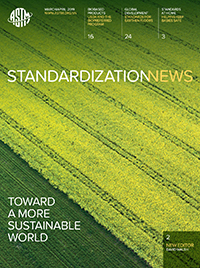The Saint Lucia Bureau of Standards (SLBS) will launch a committee to spearhead and participate in work on the adoption of international standards for Cannabis.
The SLBS has established a National Ad Hoc Mirror Committee of ASTM International on Cannabis (Committee D37) which brings together representatives of educational and research institutions, state and non-state actors with a wealth of knowledge and experience that will guide the participation in the ASTM committee and adoption of the appropriate standards.
The SLBS has an established Memorandum of Understanding (MOU) with ASTM International which is responsible for the development of American standards for testing and metrology. Under the terms of the MOU, Saint Lucia can join technical committees of the ASTM and contribute to the development of these standards.
In light of the growing regional interest in the use of Cannabis, the SLBS Ad Hoc Mirror committee will review and follow the work being done by ASTM. The ASTM D37 Committee currently has established sub committees to address the following:
D37.01 Indoor and Outdoor Horticulture and Agriculture
D37.02 Quality Management Systems
D37.03 Laboratory
D37.04 Processing and Handling
D37.05 Security and Transportation
D37.06 Personnel Training, Assessment, Credentialing
D37.07 Industrial Hemp
D37.90 Executive
D37.91 Terminology
The mirror committee is expected to meet four (4) times per year to review the standards for development that are under the work plan of ASTM D37 Cannabis. Members of the committee are expected to review documents and circulate them within their organization for suitable comments and feedback. Members also share areas of concern for their organization, which requires standards development.
An orientation and launch of this new committee took place on Friday, 22nd March 2019, at 9:30 am at the office of the SLBS, Bisee Industrial Estate Castries.

